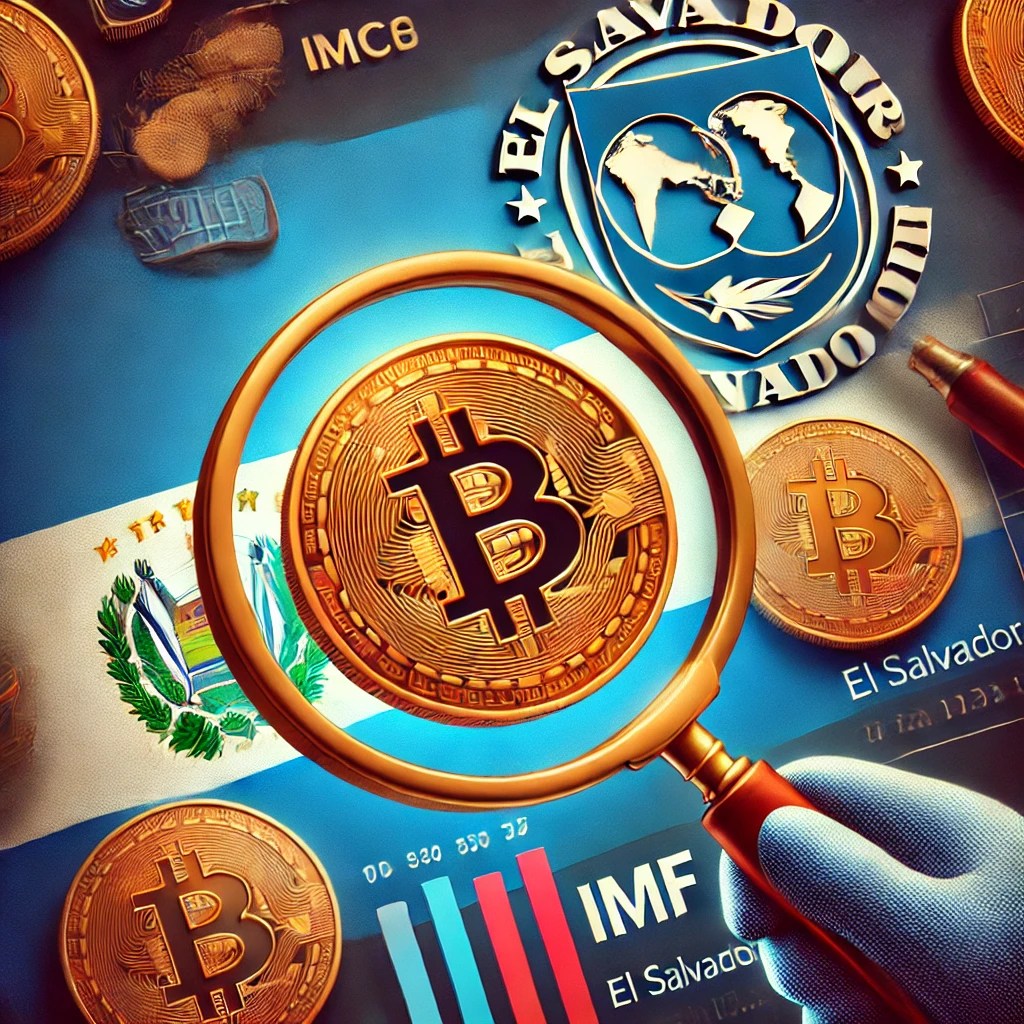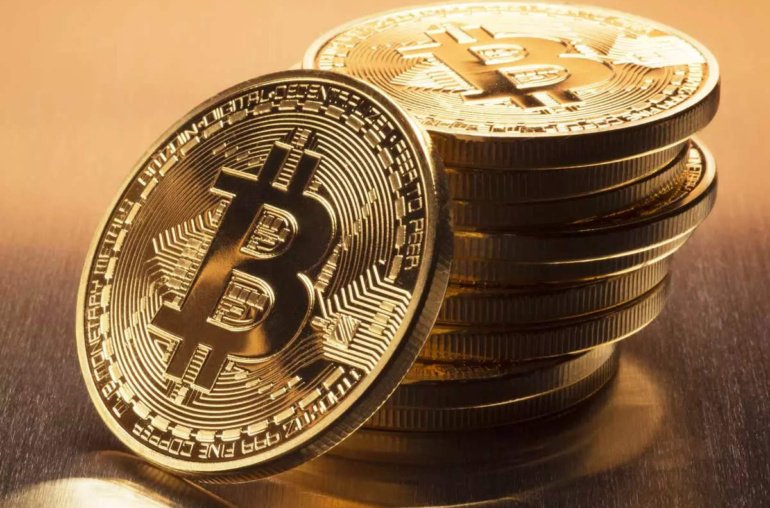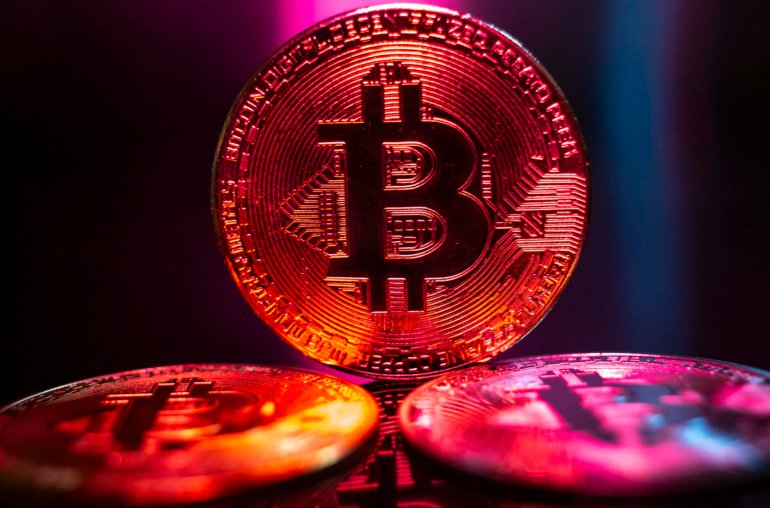The International Monetary Fund (IMF) has recently raised concerns about El Salvador’s Bitcoin law, urging the country to reconsider its approach to cryptocurrency. The IMF recommended that El Salvador narrow the scope of the law and reduce the public sector’s exposure to Bitcoin. This comes after Bitcoin was made a legal tender in El Salvador in September 2021, with the country actively working to integrate the cryptocurrency into its economy.
The IMF’s call for El Salvador to limit its Bitcoin policy stems from ongoing discussions with Salvadoran authorities about macroeconomic stabilization and reform policies. Julie Kozack, the IMF’s communications director, highlighted the need to address risks associated with Bitcoin adoption in El Salvador. The IMF is in talks with El Salvador to establish a program to stabilize the economy, support growth reforms, and address issues related to Bitcoin’s legal status.
The IMF is concerned about the potential risks involved in El Salvador’s comprehensive embrace of Bitcoin, particularly with regards to fiscal policies and financial stability. The organization believes that further efforts are needed to enhance transparency and mitigate potential risks from the Bitcoin project. The IMF’s plan is to ensure that El Salvador’s public sector is not overly exposed to Bitcoin’s volatility and that the digital currency is well-regulated within the financial system.
Despite the legal integration of Bitcoin as an alternative currency, the IMF believes that many associated risks have yet to be fully realized. The Salvadoran government’s recognition of Bitcoin as a legal tender was a global first and positioned the country at the forefront of crypto innovation. El Salvador has made several developments to cement its position as a crypto hub, including adding 162 BTC to its national holdings and launching a BTC educational project to empower its citizens with the skills needed to participate in the Bitcoin network.
Overall, the IMF’s push for El Salvador to reconsider its Bitcoin law reflects concerns about the potential risks and challenges associated with the country’s embrace of cryptocurrency. El Salvador’s bold move to recognize Bitcoin as a legal tender has garnered global attention and positioned the country as a leader in crypto innovation. It remains to be seen how El Salvador will address the IMF’s recommendations and navigate the evolving landscape of cryptocurrency regulation.



